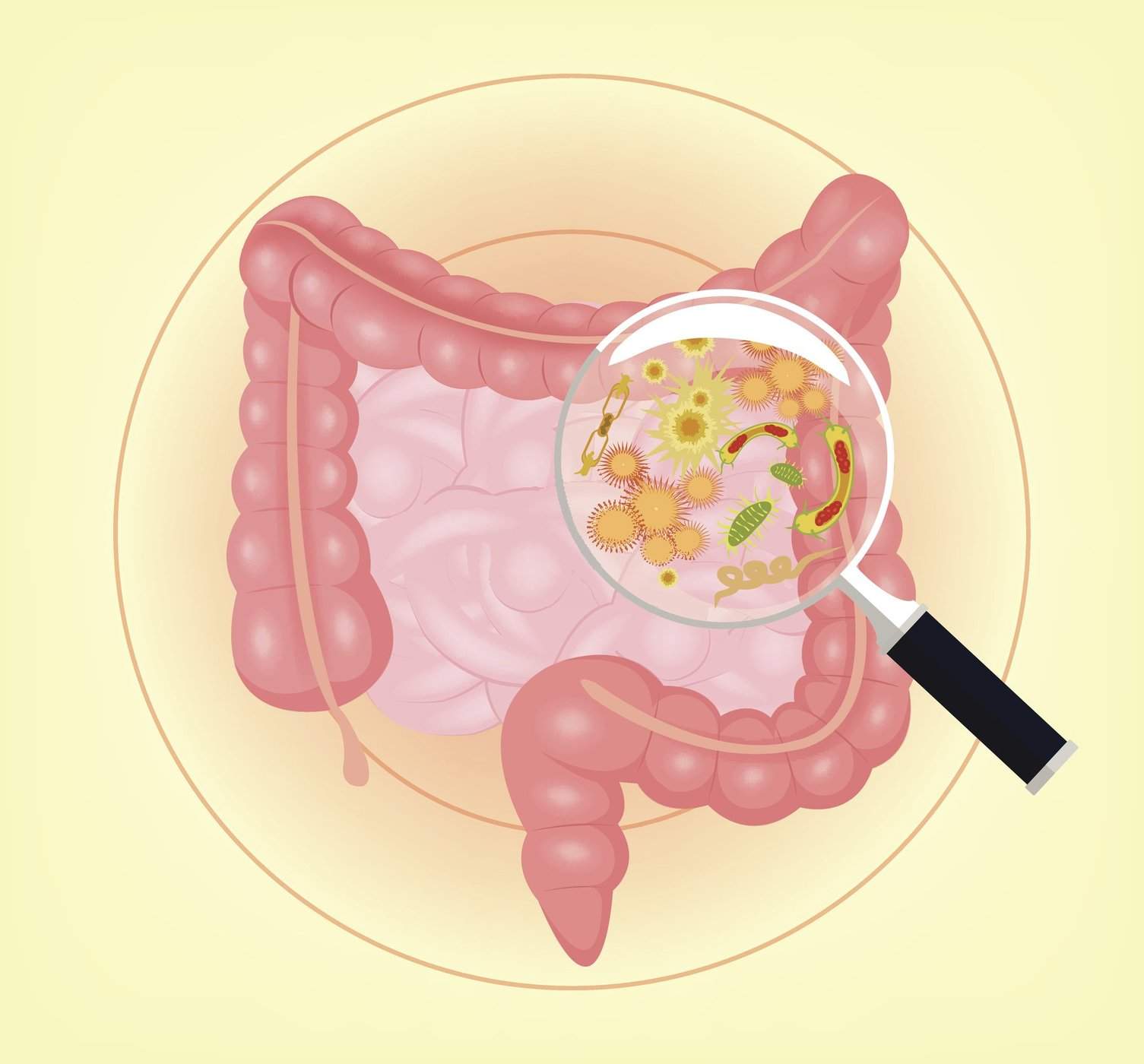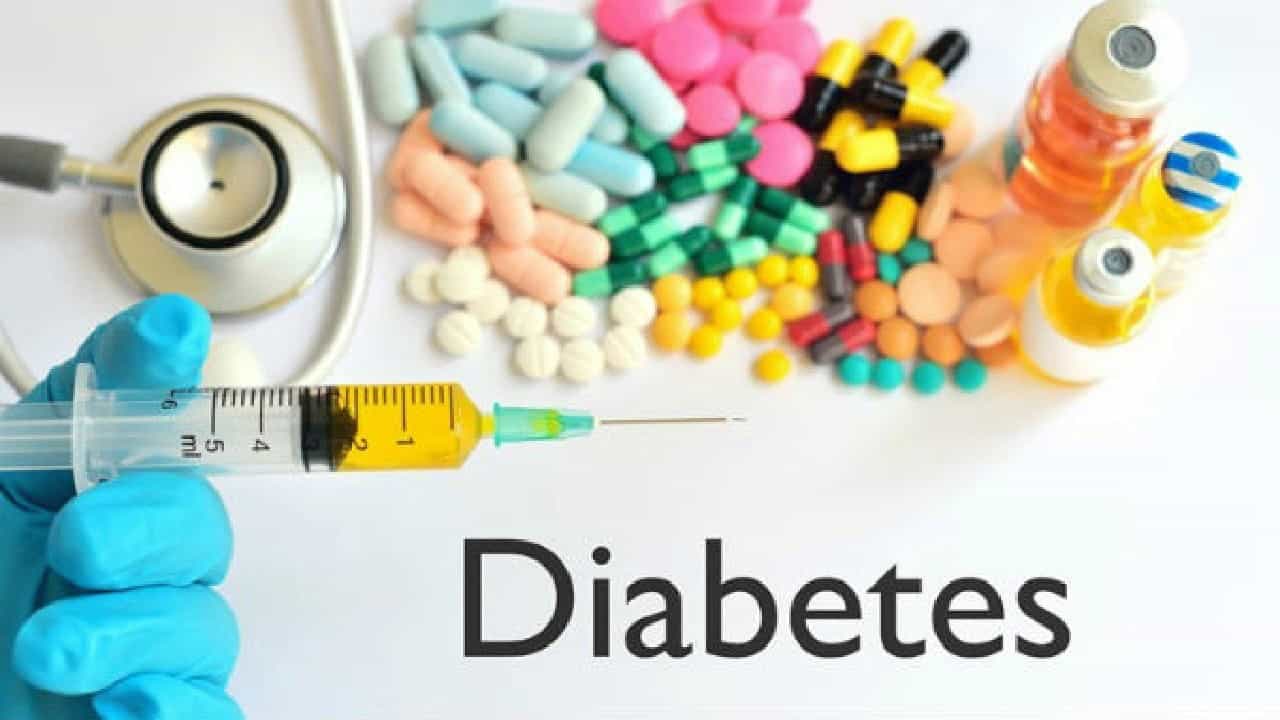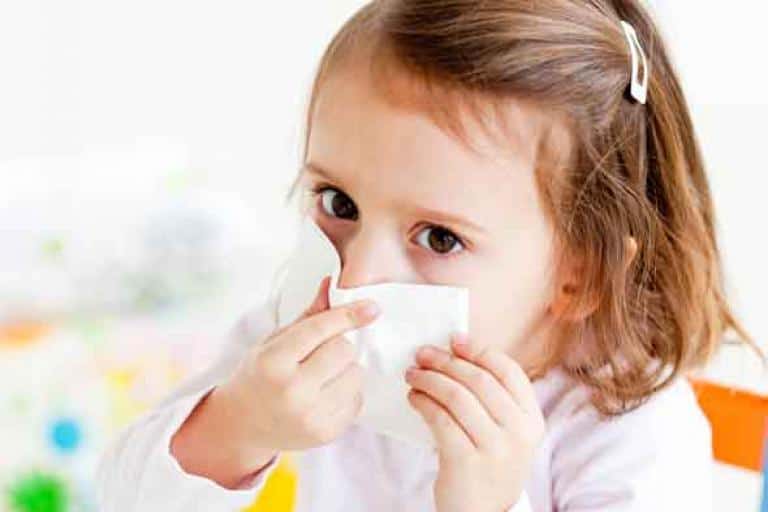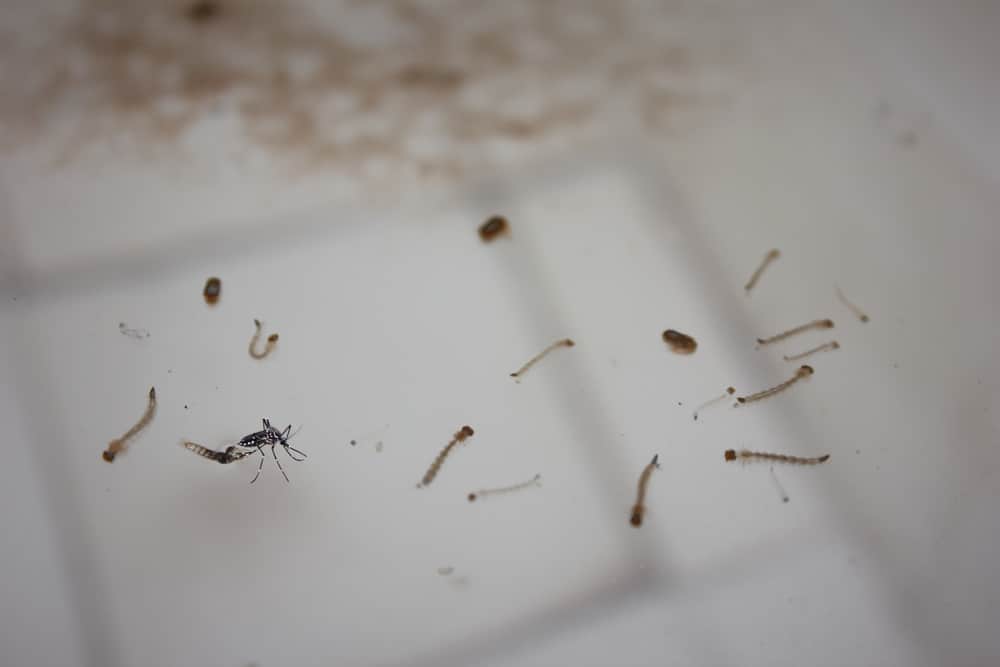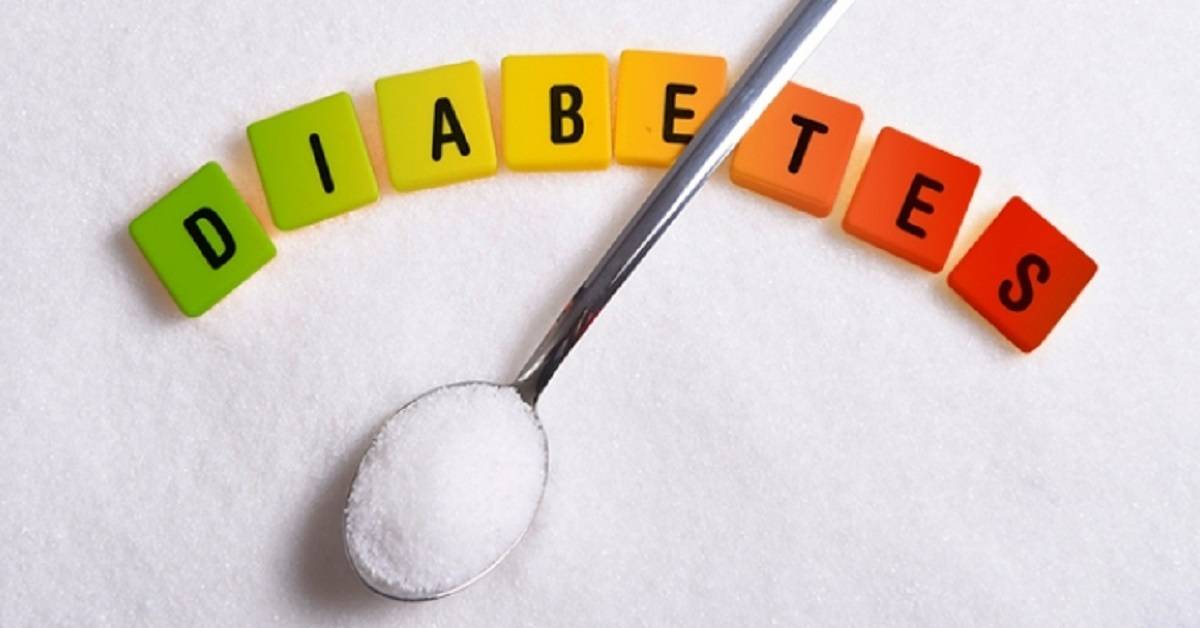Contents:
- Medical Video: 5 tips to keep your gut microbiome healthy | UCLA Health Newsroom
- 1. Reducing consumption of sugar and processed foods
- 2. Eat more vegetables, fruits, and fiber
- 3. Limiting antibiotics
- 4. Take probiotics
- 5. No stress
- 6. Get enough sleep
- 7. Exercise
- 8. Limit consumption of red meat and various animal products
Medical Video: 5 tips to keep your gut microbiome healthy | UCLA Health Newsroom
Did you know that there are at least 100 trillion bacteria in your body? These bacteria spread and are on the surface of the skin, in the mouth and nose. But most of these bacteria live in the digestive system. These bacteria are found in the human intestine and function to help the body's digestion and metabolism.
It turns out that it is not only good for the health of the digestive system, good bacteria can prevent heart disease, increase the immune system, foster the development of mental and cognitive health of children, and can help you lose weight. Even experts call the stomach the second brain of humans because it has bacteria in it. These bacteria have a direct relationship with the brain and can regulate your mood and actions are almost the same as the brain.
Experts state that good bacteria are formed since the baby shortly after birth. Normal births can make children have good and more diverse bacteria, and this can help their development and growth. In the body, good bacteria grow in a pH range of 6.7 to 6.9. But not all bacteria in the human intestine are good, there are several types of bacteria that can actually interfere with health. The number of good and bad bacteria is determined by various factors, especially lifestyle. Then how to increase the number of good bacteria and decrease the number of bad bacteria?
1. Reducing consumption of sugar and processed foods
Sugar is a type of simple carbohydrate (monosaccharide) that is easily digested by the body and consists of glucose and fructose. When too much sugar enters the body, the sugar will be absorbed immediately and does not require the help of good bacteria to digest it so that good bacteria do not get 'food' and then starve. Then the hungry bacteria will eat away the mucous layer of the intestinal walls. In fact, the mucus layer in the intestine acts as a protector of the intestine and if it is damaged, inflammation of the intestine will occur. In addition, sugar is the main food source of bad bacteria in the body, namely Candida Albican - a bacteria that attacks and damages the intestinal wall.
2. Eat more vegetables, fruits, and fiber
Eating vegetables and fruits can increase the type of good bacteria in the intestine. Unlike sugar, fiber really needs good bacteria to digest it and so it can be absorbed by the body. Fiber can be called a food source needed for good bacteria because the digestion process is not easy. Consumption of fiber that is recommended to be eaten in one day is 33 to 39 grams of fiber per day. In addition, fiber is also able to maintain the mucus layer in the intestine.
3. Limiting antibiotics
Antibiotics are enemies of bacteria in the body. Not only are bad bacteria fight by antibiotics, but good bacteria are affected. In one study it was mentioned that people who take antibiotics for a long time and a large dose will reduce the number and type of good bacteria in the intestine.
4. Take probiotics
Probiotics are mirkoorganisme which can help maintain the number of good bacteria and balance the number of bad bacteria in the body. Probiotics consist of two types, namely lactobacillus and bifidobacterium and there are various foods and beverages such as yogurt, tempeh, kimchi, dark chocolate, or fermented foods.
5. No stress
When you experience stress, the body will release various types of hormones to respond to the stresses that occur, such as increasing adrenaline and the immune system secreting cytokines, substances to deal with inflammation. If stress continues to occur, the immune system will continue to send inflammatory signals to all parts of the body, including good bacteria. Under normal circumstances, good bacteria along with the immune system will guard and fight all foreign objects that enter the body. But when the inflammatory signal continues to be received by good bacteria, this can disrupt the function and even the amount in the intestine.
6. Get enough sleep
The number of bacteria in the body is very easy to change, and one of them is caused by lack of sleep. When sleeping, the bacteria that naturally exist will multiply or produce themselves. However, the relationship between the two is unclear. Experts have hypothesized that bacteria are related to blood circulation, regulate the heart, regulate the sleep cycle, and influence hormones that control sleep time. When the body does not get enough sleep, the hormones will be disrupted and the circulation rhythm is not normal. This is what affects good bacteria in the body.
7. Exercise
In fact, good bacteria in your body need to do physical activity and move regularly. A study conducted in Ireland involved as many as 40 players rugby and the results of his research state that more good bacteria in sports players are of the same type than good bacteria in people who do not exercise regularly. Not only that, it is known that there is also an increase in the number of Lactobacillus, Bifidobacterium, and B. coccoides-E in people who often do regular exercise.
8. Limit consumption of red meat and various animal products
A study conducted by researchers from Harvard conducted experiments on several respondents who were given various animal protein foods in a few weeks. The results of his research showed that the number of good bacteria present in these respondents decreased. Another trial was conducted on mice given animal source food intake and it was found that in the rat intestine the number of Bilophila bacteria increased. These bacteria are bad bacteria that cause inflammation in the digestive system.
READ ALSO
- 7 Ways to Overcome Digestive Disorders
- 6 Types of Essential Oil for Overcoming Digestive Problems
- 10 Ways to Lose Weight Without Exercise

